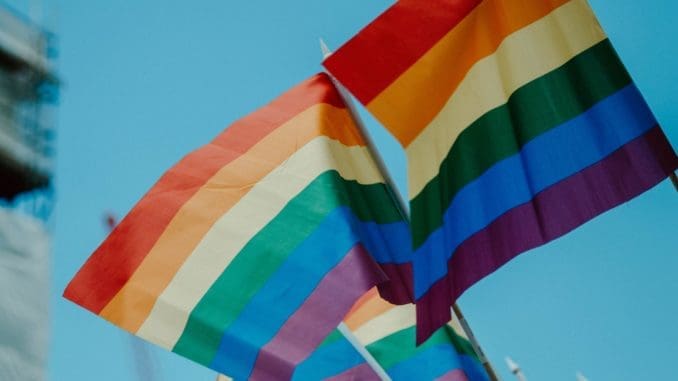
Socialising is harder than it’s ever been, with people becoming even more isolated than ever before. It’s an evident fact as can be seen from rates of youth who have never even had a friend, let alone a romantic partner in the first 20-24 years of their lives skyrocketing to degrees where it’s more of a commonality rather than an abnormality. Couple this with the recent pandemic that served as a social disconnect for people who weren’t connected to their friends through online platforms and henceforth were left stranded, isolated, feeling like people out of their time etc, and a terrifying picture is crafted for the youth of today. Since socialising is this hard for the average layman it only gets tougher when you face instinctual persecution for your mere existence which creates a whole new kind of nightmare for POC(people of colour), LGBTQIA+(this will be shortened to LGBT for the remainder of the article) people or even religious minorities, depending on the cultural climate of the locale.
Socialising for LGBT people is a tough endeavour considering that even if they don’t face outright demonization from the people they call their friends. They are still likely to feel alienated as their friends of the same sex show visible discomfort around them in the event of them being homosexual or bi-sexual. The friendship dynamics they had begun to cherish so deeply, completely changing in the event of them being transgender as gender dynamics are tragically linked with all manners of human relationships and dictate how people see each other, treat each other even how they talk to each other significantly. There’s also comments like “oh you just haven’t met the right person yet”, in the event of them being asexual. All this barely scratches the surface and more importantly creates a fear of both making and maintaining friendships as one attempts to explore their identity as a queer person in addition to severely limiting the pool of people one has the opportunity to safely befriend.
Fortunately more and more people in this day and age, especially the youth are becoming much more open minded when it comes to the acceptance of LGBTQIA+ people and have a fairly comprehensive understanding of their identity in addition to being more conscious of societal ills plaguing them and developing a strong will to work to solve them. Albeit still not huge, there is a bubble that welcomes us and is there for us to exist in safely.
Manipal is a town of tradition but it has also become one of education which attracts a large number of Indian youth from all over the country, in addition to having an overall population that is comparatively less governed by cultural prejudice and bias than other parts of the country. This has created an exceptionally welcoming, understanding and accommodating atmosphere to take shape on campus here. This can be tangibly seen via the presence of communities like Kaleidoscope which in addition to celebrating people significant in the LGBT rights movement in India, is also an established and recognized safe space and a fantastic starting point for LGBTQIA+ people to begin building interpersonal relationships between each other or amongst allies outside of the community by providing an initial safety net amongst their members and followers on social media. This gives individuals a safe foundation of being understood and accepted, rather than something which ought to be gauged resulting in socialising becoming significantly easier.
Now, just to reiterate, while the acceptance here is relatively exceptional it’s not quite huge per say. After all societal ills, are a systemic issue that nest deep within the soul of the country.
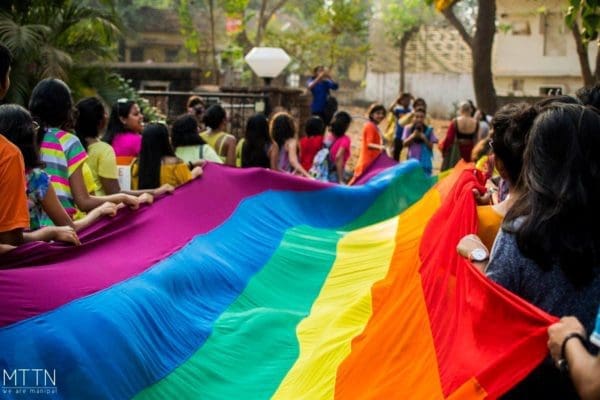
Having an environment which allows for superfluous and comfortable social interaction is an absolute blessing. However, human relationships come in a plethora of forms with friendship merely being one of many. People need different kinds of intimacy and companionship not all of which you can obtain from a friend of yours no matter how close they are to you, people crave ‘romance’, albeit not all people as aromantic asexuals do exist. Back to the matter at hand, in order to obtain said romance, they date. However dating is a whole other beast than making friends especially with a fairly limited dating pool in the event of an individual being a part of the LGBT spectrum. Dating apps with an aim to be accommodating to a wide demographic of people have come into prominence like Grindr, the premiere dating app for gay people or Bumble incorporating a wide array of sexuality preferences in addition to having your pronouns, political positions and to go one step further tags which show your preferred pronouns and ones which denote yourself as a safe person for a trans or gay person to approach. It’s search search system allows you to tailor your homepage to your liking based on your selection of the aforementioned variables both for yourself and for the kind of people you’re looking to meet. So you can engage with someone on a romantic wavelength without worrying about giving tedious lectures on your sexuality and praying they understand what you’re on about. It is still not easy as the pool is limited, but it is certainly present in a decently sizable capacity due to a progressive student populace and with more and more youth normalising the act of exploring one’s identity beyond cis-heteronormativity, it is steadily growing as well.
All of the issues incurred by LGBT people some of which have been mentioned in the article in the preceding paragraphs eventually culminate into the development of severe mental health issues or at the very least, requiring guidance in navigating and understanding their situation as is the case for trans people who more or less begin their life anew and often without much support from their peers or parents. So the quality of the medical infrastructure in any given place pertaining to providing a queer person proper help through a trained professional goes a very long way and is strongly correlated to having an accepting and progressive society. Manipal excels quite well at this, as even the student therapists at KMC (whose service you can avail for free in the event of you being a student in any one of Manipal University’s courses) showcase an acute understanding about queer identity and such related issues. Additionally, for trans people the endocrinology department is more than willing to aid them in kick starting their hormone replacement therapy and albeit the procedure is still new here the doctors are quite capable in guiding their patients and diagnosing them.
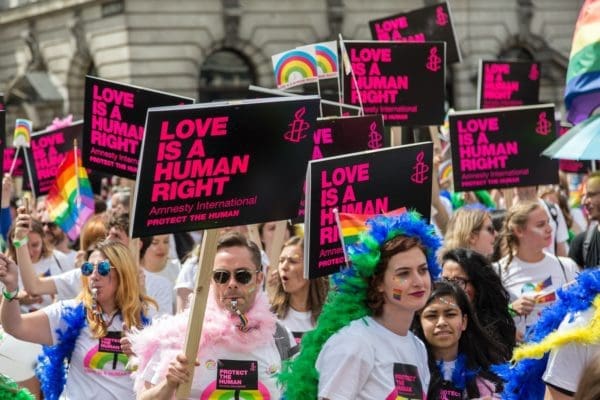
Manipal is relatively quite LGBT friendly and although this doesn’t mean it is a universal safe haven, it does mean that if you are LGBT and in Manipal you can find a safe place for yourself to exist, socialise, love and seek medical help or care. While life will not be spotlessly easy, we can atleast hope that the components to adjust here as an LGBT person that have been highlighted in this article, assist you in elevating your quality of life in Manipal.
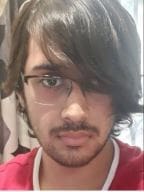
About the Author: Rohan Singh is a second-year journalism student at the Manipal Institute of Communication. A budding writer who wishes to explore media’s beauty and convey information honestly and objectively.

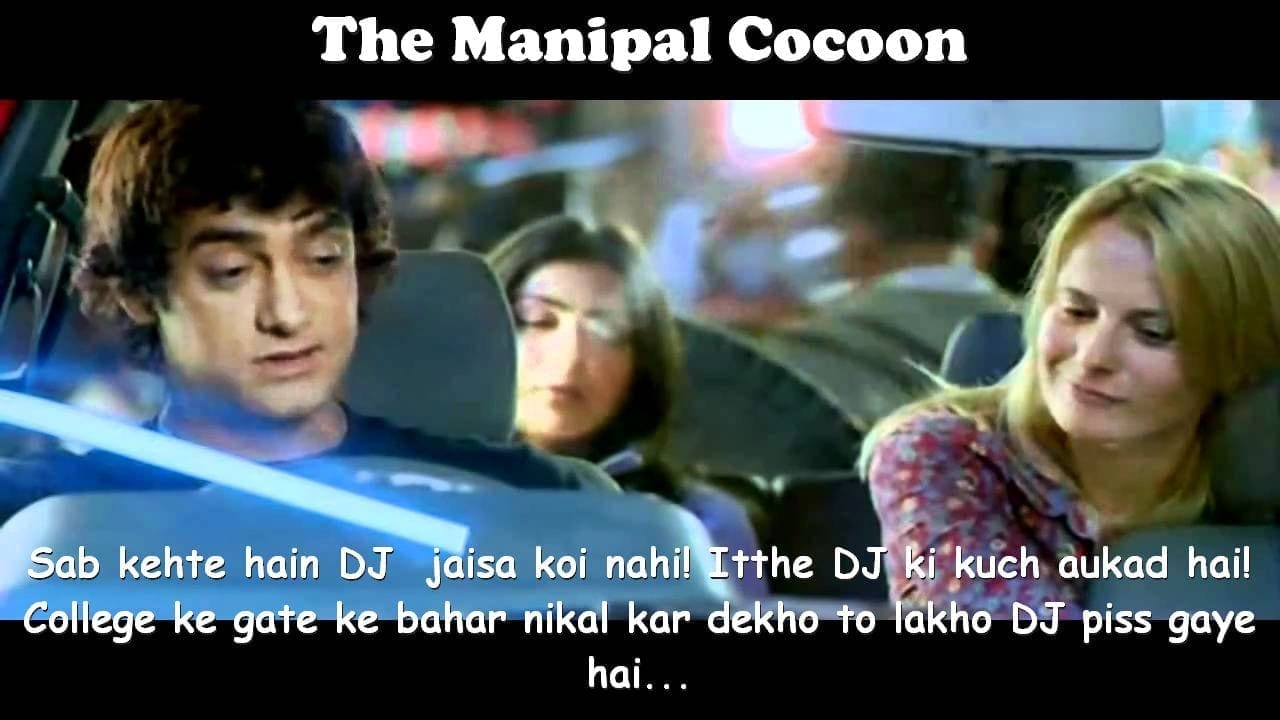
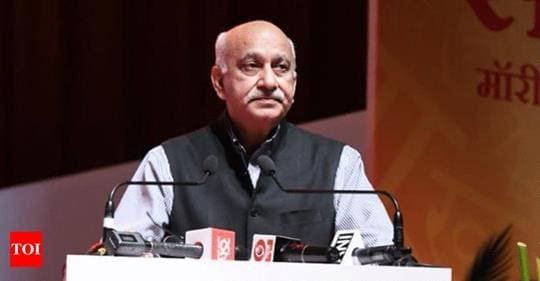
Be the first to comment